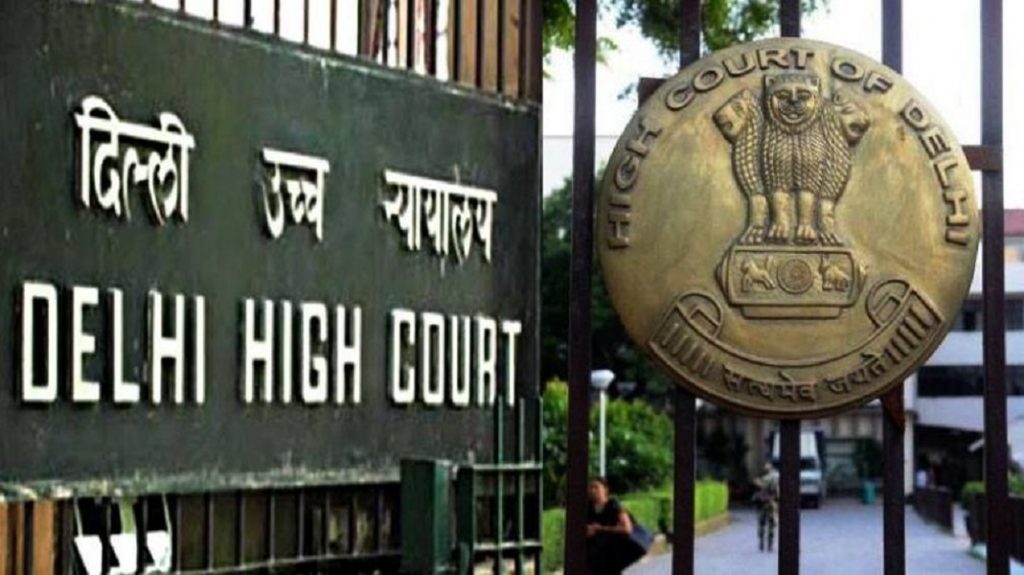Delhi government files affidavit before High court alleging that the forest area cannot be regularized according to central law.

The AAP government told the Delhi High Court on Thursday that unauthorized forest colonies were barred from regularizing under the Centre’s notification on October 2019, to regularize illegal settlements in the city. Delhi government declared in its affidavit placed before the bench of justices GS Sistani and A J Bhambhani that the Delhi National Capital Territory (Regulation 2019) does not include any rights over property is reserved and/or notified forests.
The Delhi Government, supported by its supplementary standing counsel Sanjoy Ghose, also claimed that settlements which had, in part or in their entirety, dropped in identified or reserved forests, were not to be considered as a relief even under the updated 2007 Urban Development Ministry Guidelines for the regularization of unauthorized colonies in Delhi.
“It is thus alleged that, as part of any form of forest or protected area, the regulations themselves incorporate a bar on conferment or recognition of any right on any land or part thereof,” it said.
The affidavit was filed to the Delhi government on 23 December to address the court’s question as to whether or not it would regularize forest land in the national capital.
The bench had raised the concern after the senior advocate of the amicus curiae, Kailash Vasudev, said that more than1,700 unauthorised colonies in the national capital have been regularised, forests can also be regularized.
The Delhi government further said there are currently 170 unauthorized colonies that fall under various categories of forest area, including wildlife sanctuaries, notified reserve forests, morphological ridge, deemed forests and unclassified forests.
The deemed forests are known to have 250 trees per hectare and unclassified forests are any land that is shown in every government record as forest, the affidavit said.
The affidavit was filed with a PIL on the issue of poor air quality in Delhi, initiated by the court in 2015. The issue will be heard next on 31 January.
The High Court has previously noted that since 9 February 2015, the case has been pending and detailed orders to reduce air pollution in Delhi have been passed from time to time.
The bench had said, however, that if the proposed measures were taken effectively from time to time, levels of pollution in Delhi would not have been as alarming as now.



















































































